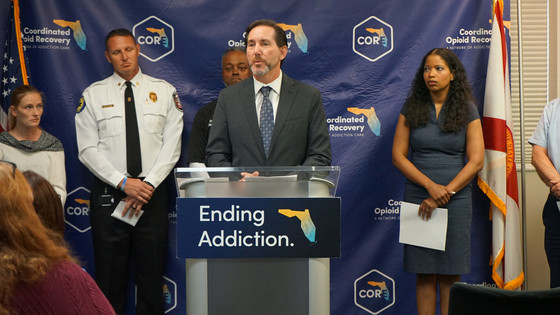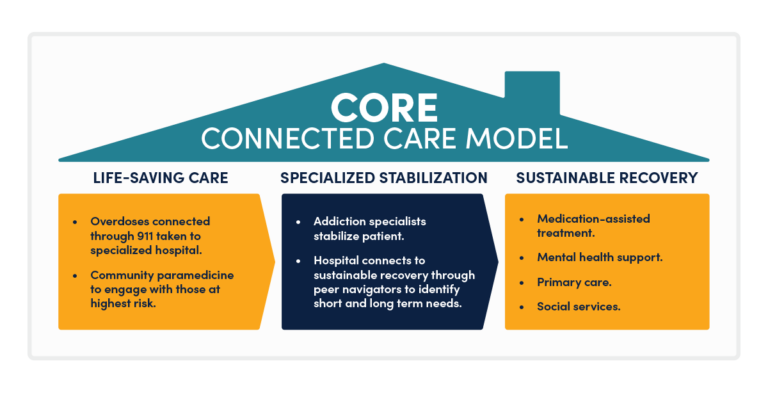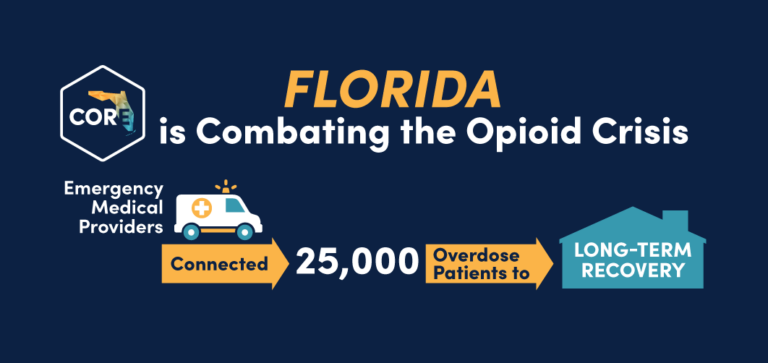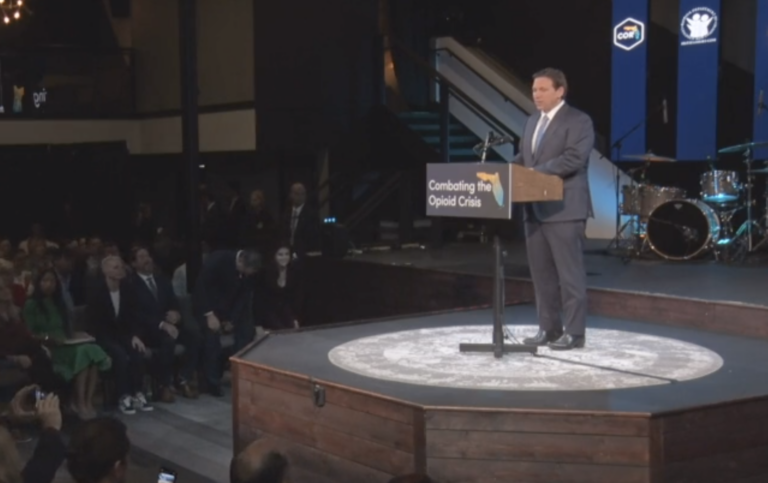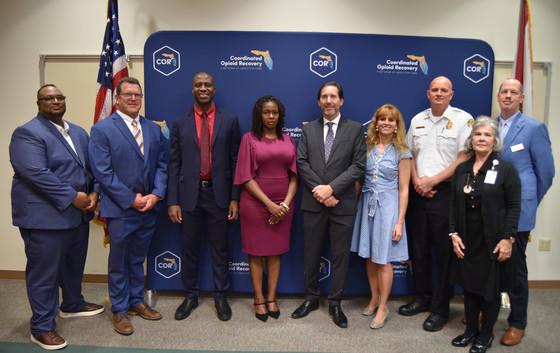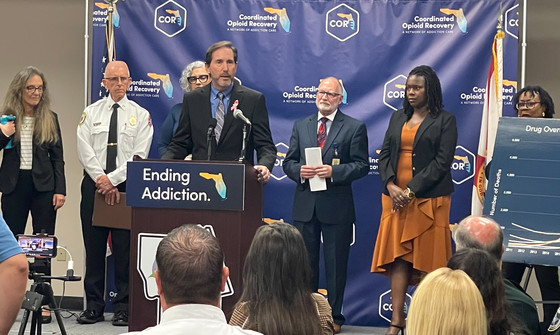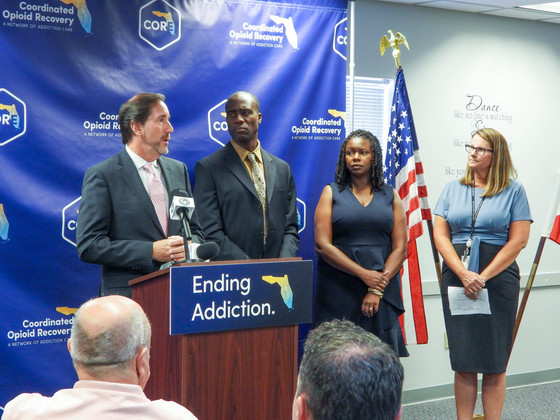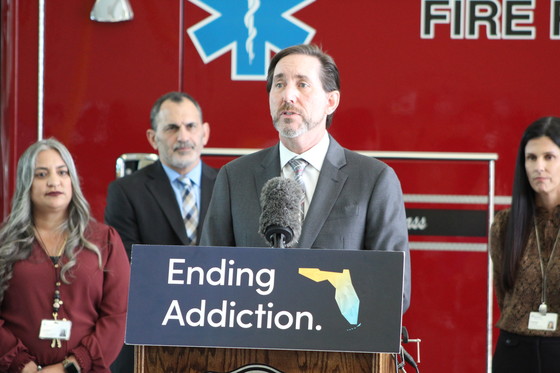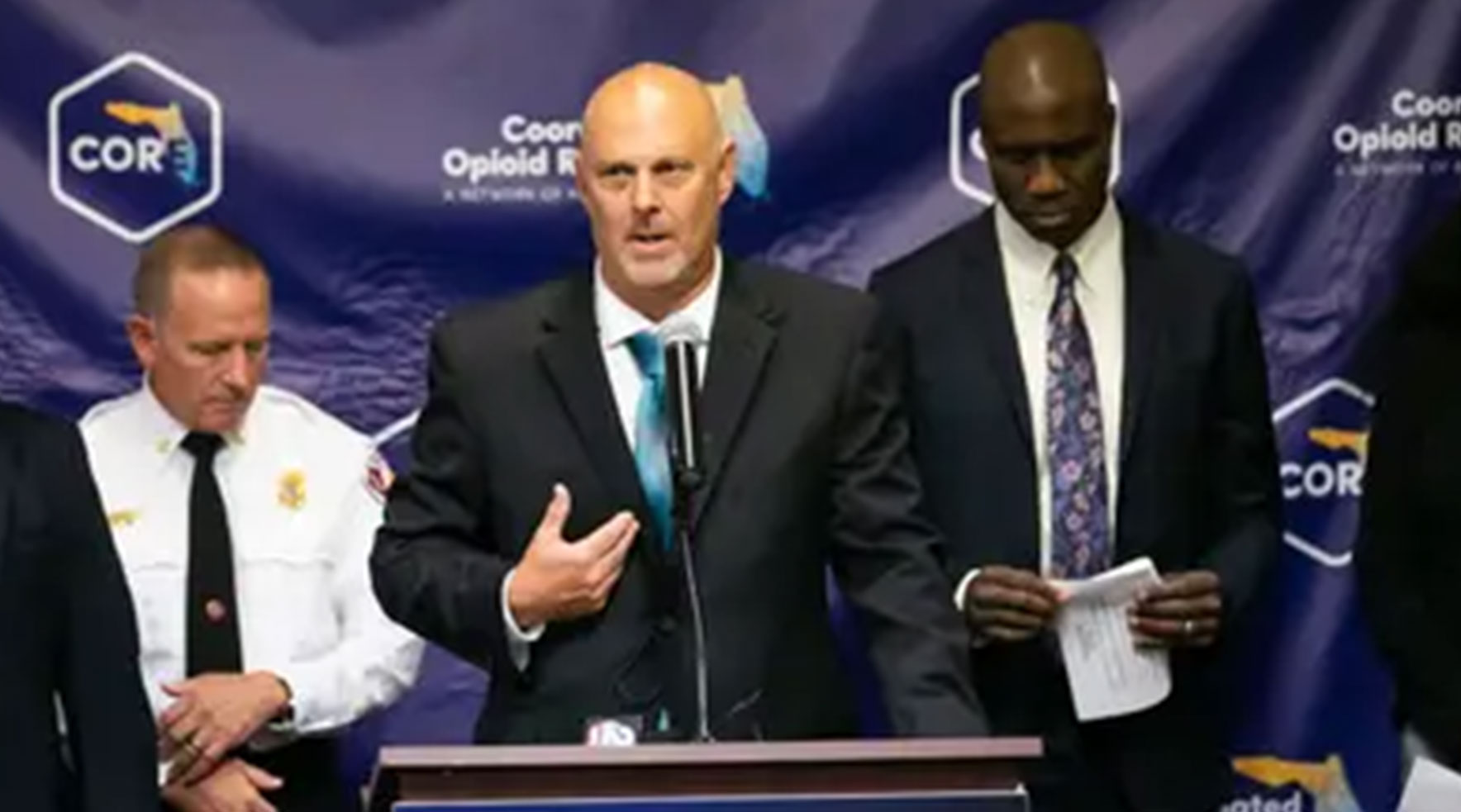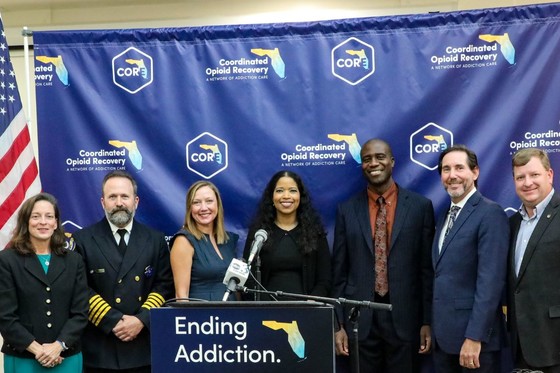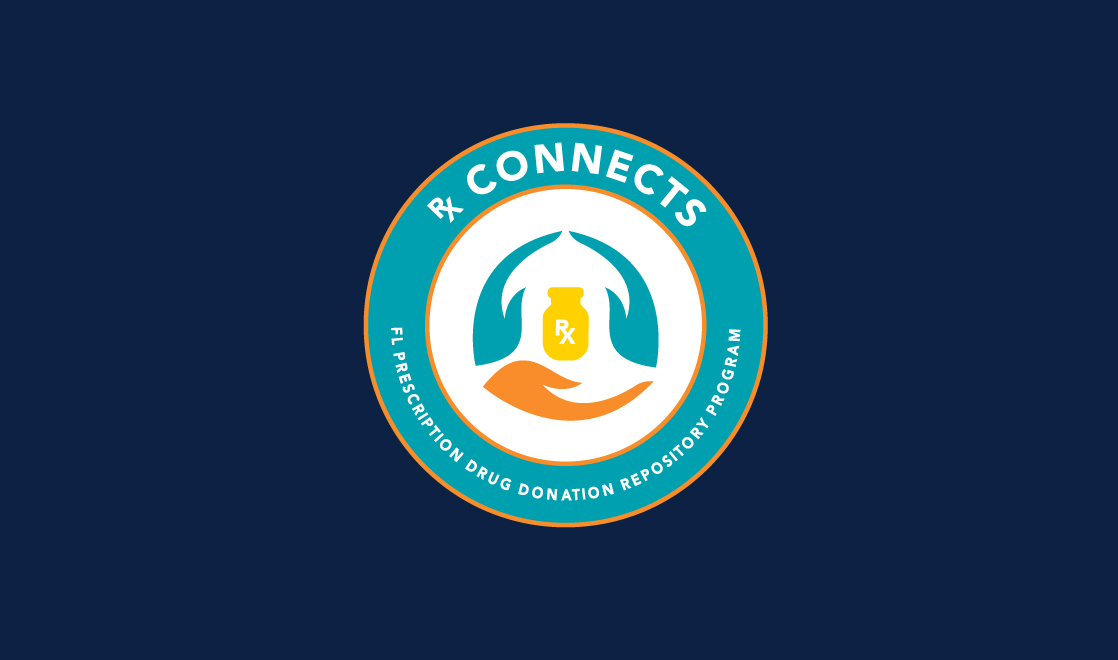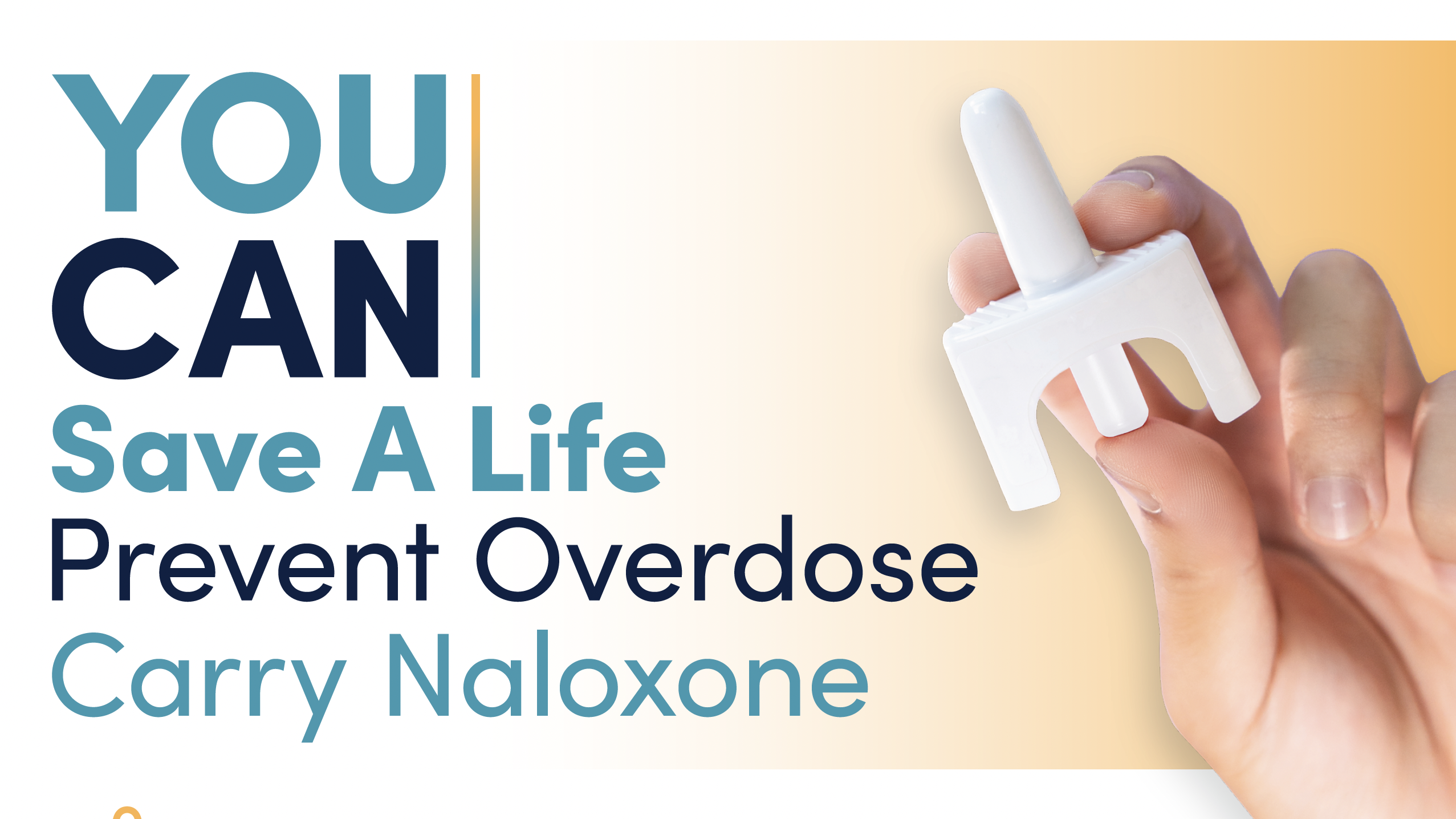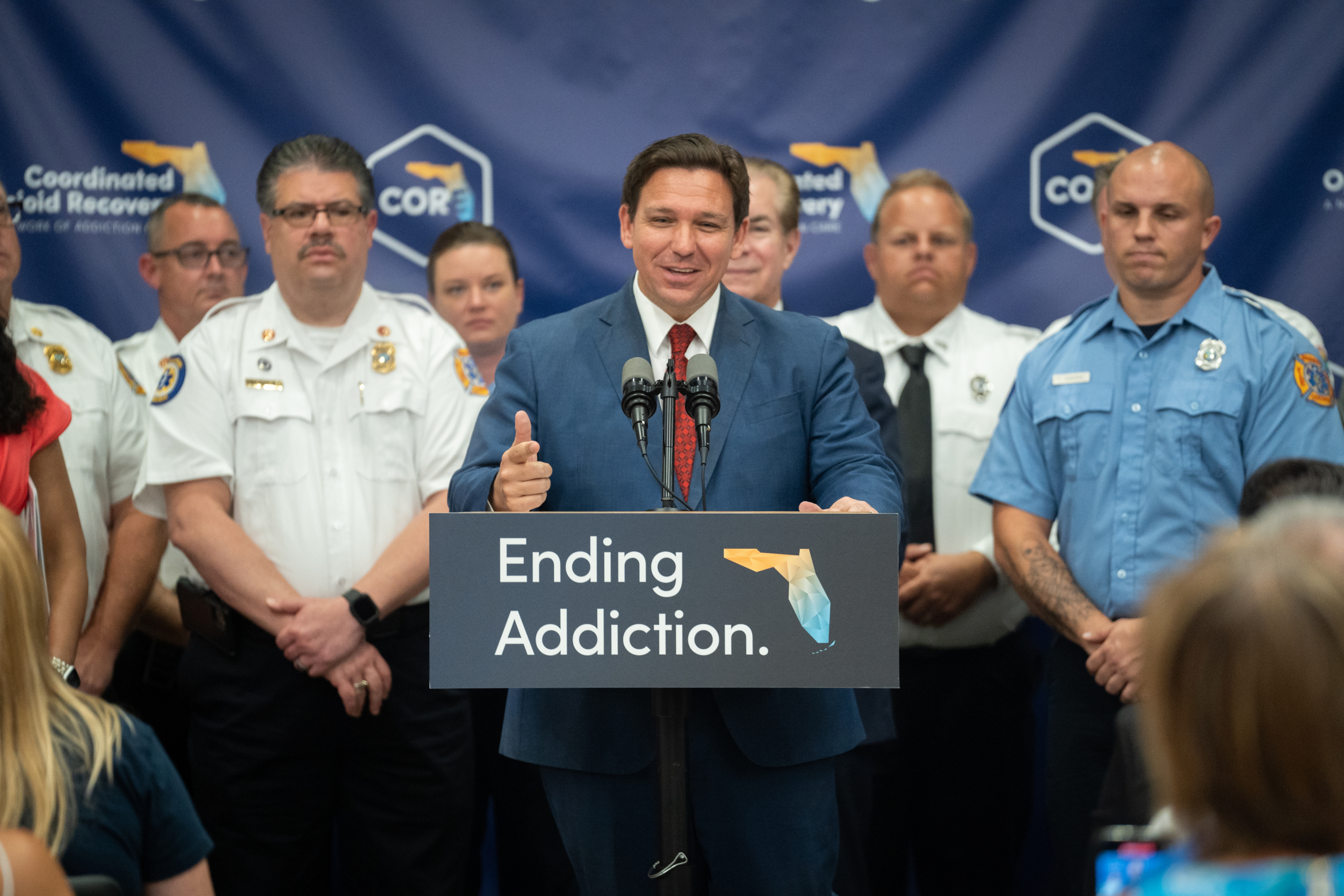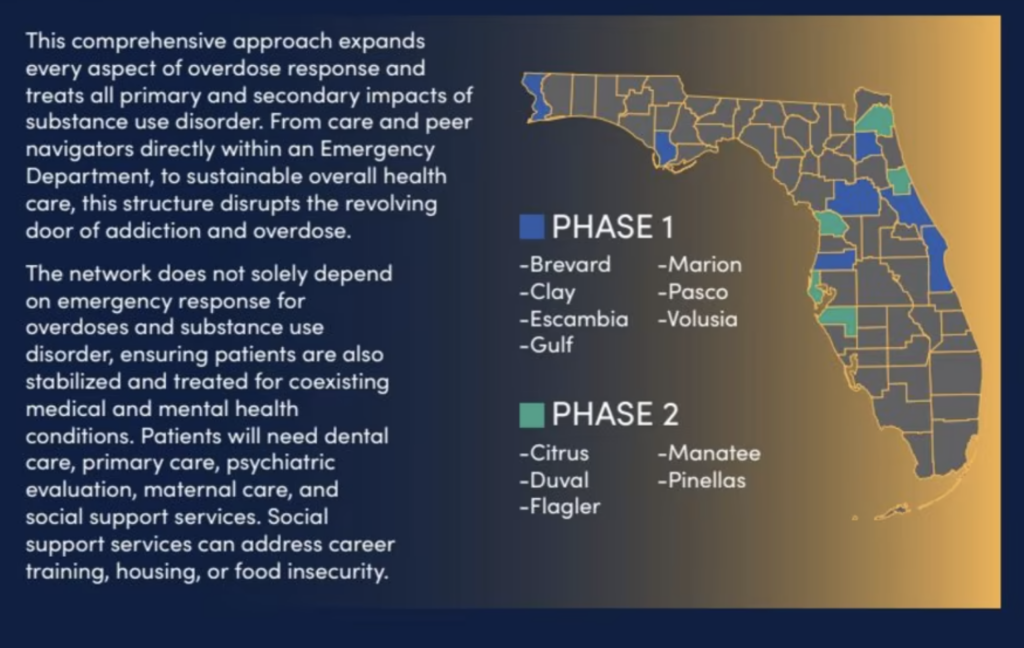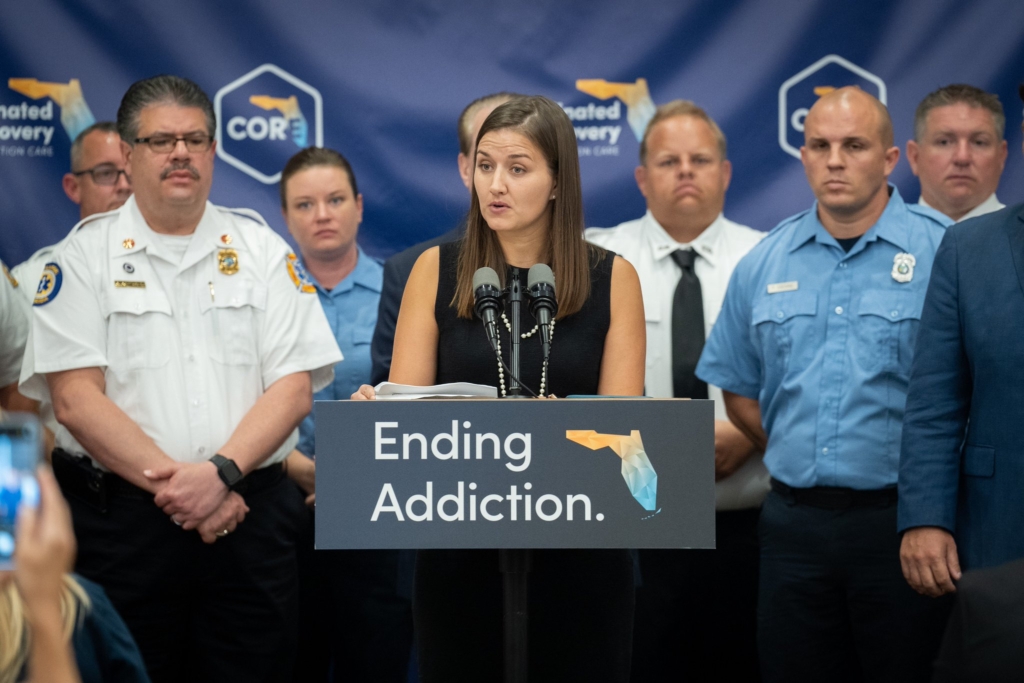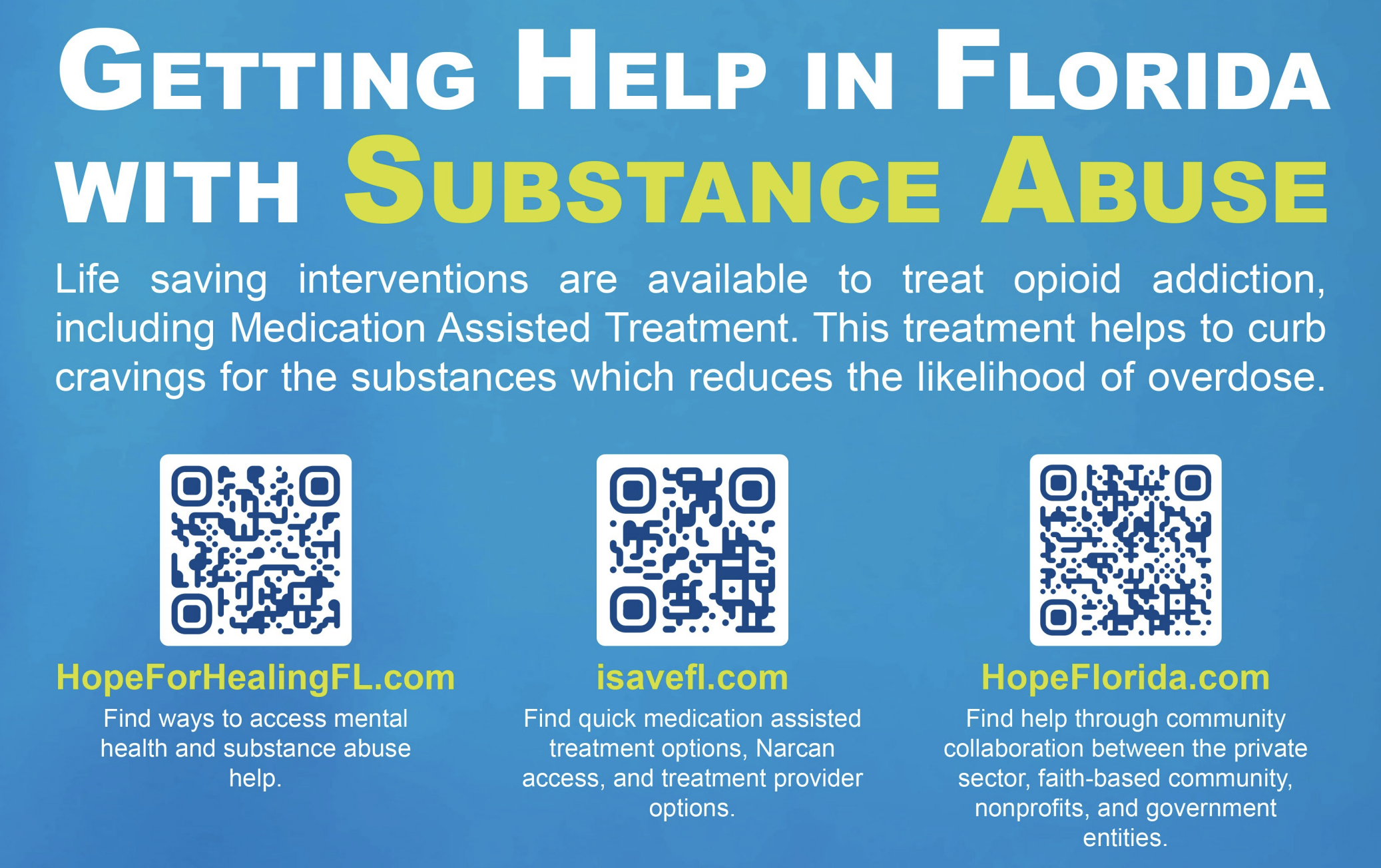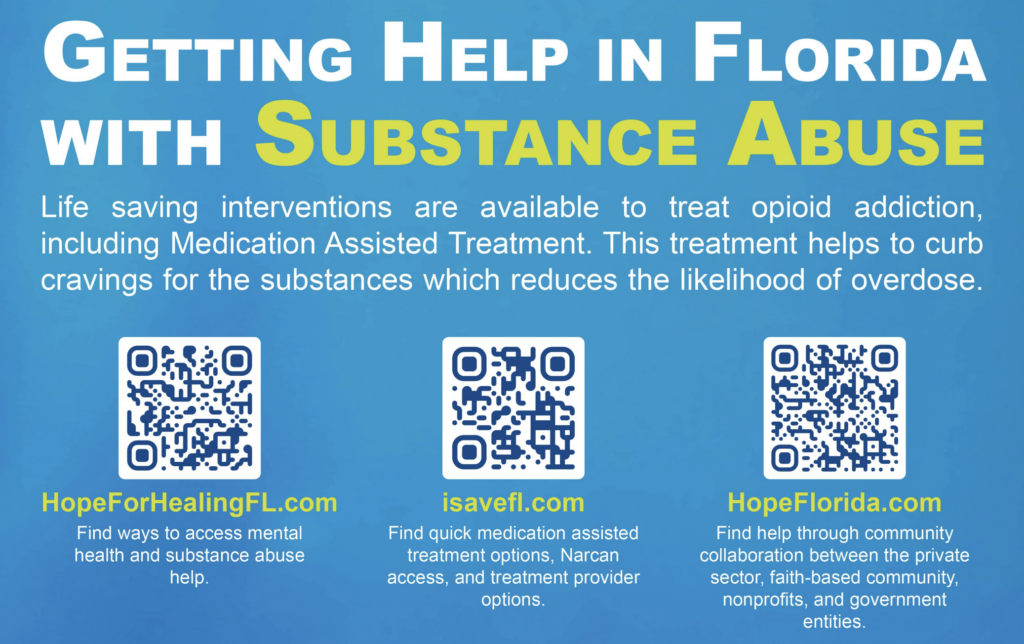Citrus County
Citrus County CORE Network, Joined by DOH and DCF Leadership
Citrus County, Fla. – Yesterday, Florida Department of Health Deputy Secretary Dr. Kenneth Scheppke, and Florida Department of Children and Families Secretary Shevaun Harris, alongside community partners, visited the expansion of the Coordinated Opioid Recovery (CORE) in Citrus County – a comprehensive network of addiction and opioid treatment.
This year, Florida has experienced over 4,000 reported fatal overdoses. In Citrus County, Emergency Medical Services reported that in 2021, teams responded to nearly 1,000 overdose calls. Current data indicates Citrus County is in the top 10 counties in Florida with the highest fatal overdose rates.
The CORE Network is the first of its kind in the nation, coordinated through the Florida Department of Health (DOH), Florida Department of Children and Families (DCF), and the Agency for Health Care Administration. The full-scale treatment approach of the CORE Network expands every aspect of overdose response and creates an all-inclusive sustained system of care and patient navigation to address all primary and secondary impacts of substance use disorder.
“The existing standard of care for substance use disorder is outdated. The current overdose response in most of the United States treats the acute overdose, without providing access to sustainable care,” said Dr. Kenneth Scheppke, Deputy Secretary for Health. “That’s exactly why we’ve developed CORE. This program facilitates the necessary connections among local emergency response and specialty health care networks to not only respond to an acute overdose, but to connect individuals suffering from substance use disorder to sustainable and long-term care.”
In the wake of Hurricane Ian, there is also a concern of increased substance use and overdose deaths due to the impact on individuals’ mental health and potential disruption of normal pharmaceutical supply chains. It is critical that community partners provide resources to their communities as we recover from the effects of Hurricane Ian’s devastation. We must remain vigilant both now and in the long-term to prevent overdose deaths.
“The CORE Network is a comprehensive model of care that connects all of the services needed to holistically treat individuals and families – from emergency medicine to hospital services, out-patient care, medication assisted treatment, and peer support services,” said Department of Children and Families Secretary Shevaun Harris. “Meeting someone with the right service, at the right time, and at the right place is critical when they are ready to get help. This strong, coordinated model helps ensure that we do not miss pivotal moments in someone’s recovery journey by providing them with the services and tools necessary to truly succeed.”
Substance abuse is a chronic multifaceted life-threatening disease. If an individual in Citrus County overdoses, specialized emergency medical services protocol will begin while transporting the patient to a specialty hospital with attained specialty expertise in addiction medicine. Once all emergent health threats are stabilized, the patient’s long term care needs will be transferred to an expert multi-specialty outpatient practice to support sustainable recovery.
CORE provides a personalized treatment umbrella ranging from primary care to mental health support. By facilitating these connections in Citrus County, CORE disrupts the revolving door of addiction by connecting overdoses to sustainable care in real time.
If you, or someone you know, is struggling with substance use disorder and would like more information on CORE in Citrus County, you may contact LifeStream Behavioral Health at 352-516-7872 or the Florida Department of Health in Citrus County.
If you suspect an overdose, call 911 immediately. The state of Florida has deployed resources that can be posted in public areas to ensure Floridians remain vigilant of the signs of overdose, how to respond, and where help is available.
